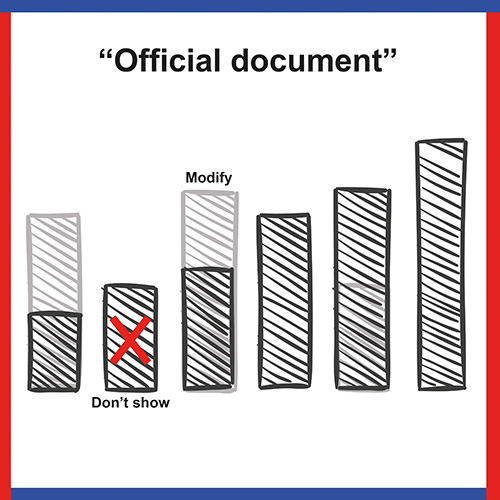Judge calls constitutionality of collective bargaining law into question
Dane County Circuit Judge Juan Colas recently made the decision to strike down parts of Wisconsin Act 10. Shortly after the decision, Wisconsin’s Attorney General, J.B. Van Hollen, filed a challenge against the decision and asked that its implementation be set aside, or stayed, pending the outcome of the appeals process.
Act 10 eliminated most union rights for public sector workers, including faculty and other unionized staff working at Madison College. The law barred faculty and staff from collectively bargaining over any working conditions such as transfer rights, class sizes and layoffs. Salary talks were limited to discussing only the base wage and were further restrained by cost of living factors.
According to Wisconsin Education Association Council (WEAC) General Counsel, Kurt Kobelt, the ruling said that most of the main provisions of Act 10 violated Wisconsin’s Constitution including payroll dues deduction, annual union elections and bargaining restrictions over wages.
The ruling did not reinstate arbitration as a method to resolve contracts when the parties cannot reach an agreement. Public sector workers do not have the legal right to strike as allowed under private sector labor law.
State Department of Justice attorneys filed documents with Judge Colas arguing the law doesn’t prohibit public workers from associating with each other or speaking freely. They also said that Colas’ decision created confusion among municipal employers.
In order to avoid a stay, a number of unions for city, county and school employees in Dane County scrambled to negotiate contracts under the new ruling. Dane County, the City of Madison and Madison teachers all reached contract agreements since the initial decision was issued.
The provisions of Act 10 also cover support staff and faculty at Madison College. Madison College nursing instructor and American Federation of Teachers (AFT) Local 243 President Marie Dusio explained that they have a union contract covering staff until March 23, 2014.
“Our collective bargaining agreement represents decades of collaboration with the College to provide the best possible learning environment we can for our students. Because of the effort, and the history, and how well these collective bargaining agreements have worked, we would not want to do anything to jeopardize those,” said Dusio.
Her concern stems from the uncertainty created if the court grants Van Hollen’s request to stop implementation of Judge Colas’ ruling. If the court grants the stay, and the union and college haven’t finished negotiations, then this could potentially nullify the existing agreement.
Act 10 also faces a challenge under the U.S. Constitution in a case brought by a coalition of unions, WEAC, AFSCME and other unions representing state employees. In March, a federal judge also struck down part of Act 10 that eliminated payroll dues deductions and the requirement of the annual elections. That decision is also being appealed.
“You have to treat all the employees the same under the law. What we are alleging is that because public safety employees have full bargaining rights and general employees lack basically any bargaining rights, this denies general employees equal protection under the law without any rational basis to justify carving them out of full bargaining,“ he said. If either court finds that any provision of the law violates the federal or state constitution, that provision can no longer be followed. Dusio hopes that no matter what happens with the law, college administration will continue to respect their longstanding relationship.
“Even though what we can actually negotiate could still be severely limited by Act 10, we hope the relationship between the people who work here and the administration, will persist despite external barriers to our working together and the administration will continue to work with faculty and staff to identify the most effective ways to run this incredibly amazing school.”























